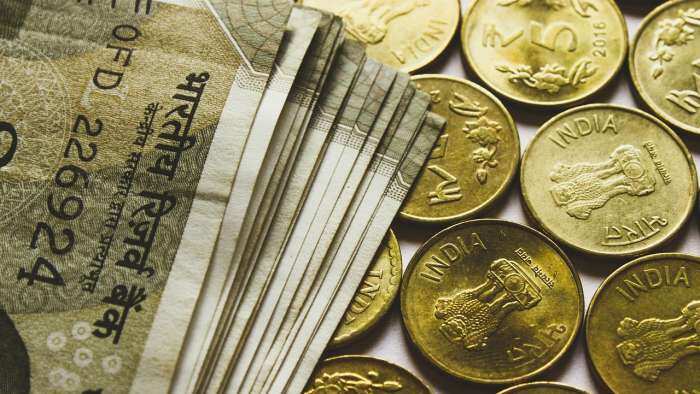Credit cards might still be a dominant payment method in 2024, but alternative payment methods are rapidly gaining traction as a superb choice. If you're still on the fence, here are five key advantages that these alternative payment options have over traditional credit card transactions.
1. Enhanced Security Protocols:
Security remains a critical concern in financial transactions. Various alternative payment methods, such as digital wallets and bank transfers, offer robust security features that surpass those of credit cards. These methods often utilise advanced encryption and real time monitoring to prevent fraud, making them safer compared to traditional credit card systems. They are among the recommendations chosen by Techopedia, highlighting their reliability and security.
2. Global Accessibility and Inclusivity:
Unlike credit cards, which may face acceptance issues or high fees in different countries, alternative payment methods like mobile payments and e-wallets offer widespread global accessibility. This inclusivity enables users from various regions to participate in the global marketplace effortlessly, without worrying about currency exchange rates or international transaction fees. Such features are particularly beneficial for industries like e-commerce, where customers and vendors interact across borders.
3. Reduced Transaction Costs:
Alternative payment methods can offer lower transaction fees compared to credit cards, especially in scenarios like direct bank transfers or peer-to-peer payment platforms. This cost efficiency is a significant advantage for both consumers and businesses, reducing the overall expenses associated with financial transactions and enabling more affordable transfer of funds, particularly in the context of international payments.
4. Immediate and Transparent Transactions:
The transparency and speed of transactions are where alternative payment methods shine. Unlike credit cards, which can have processing delays, options like instant bank transfers provide immediate transaction capabilities. This immediacy is crucial in sectors that require fast and clear transaction records, such as online retail or services, enhancing operational efficiency and customer satisfaction.
5. Financial Privacy and Autonomy
Alternative payment methods offer a level of financial privacy and autonomy not typically found in credit card transactions. For instance, prepaid cards and certain digital wallets allow users to make purchases without disclosing extensive personal information, aligning with the growing demand for data protection and user privacy. This aspect is particularly appealing to those who value their financial confidentiality and wish to maintain control over their personal data.
Choosing alternative payment methods over credit cards in 2024 presents several benefits, including enhanced security, greater global access, lower costs, immediate and transparent transactions, and improved financial privacy. As the financial landscape evolves, these alternatives are becoming increasingly pivotal, heralding a shift towards more secure, efficient, and user-friendly payment solutions.
(Disclaimer: Above mentioned article is a Consumer Connect initiative. This article is a paid publication and does not have journalistic/editorial involvement of IDPL, and IDPL claims no responsibility whatsoever.)
Get Latest Business News, Stock Market Updates and Videos; Check your tax outgo through Income Tax Calculator and save money through our Personal Finance coverage. Check Business Breaking News Live on Zee Business Twitter and Facebook. Subscribe on YouTube.
RECOMMENDED STORIES

SBI Guaranteed Return Scheme: Know how much maturity amount you will get on Rs 2 lakh, 2.5 lakh, 3 lakh, 3.5 lakh and Rs 4 lakh investments under Amrit Vrishti FD scheme

SIP+SWP: Rs 10,000 monthly SIP for 20 years, Rs 25 lakh lump sum investment, then Rs 2.15 lakh monthly income for 25 years; see expert calculations

Power of Compounding: How soon will monthly SIP of Rs 6,000, Rs 8,000, and Rs 10,000 reach Rs 5 crore corpus target?

SIP vs PPF: How much corpus you can build in 15 years by investing Rs 1.5 lakh per year? Understand through calculations
05:04 PM IST






)


 Demonetisation led to 'great movement' towards digitisation: Jaitley
Demonetisation led to 'great movement' towards digitisation: Jaitley